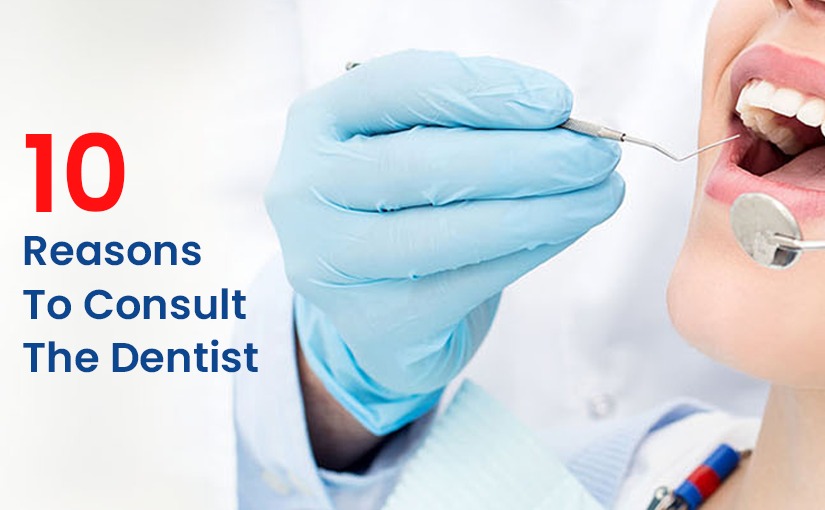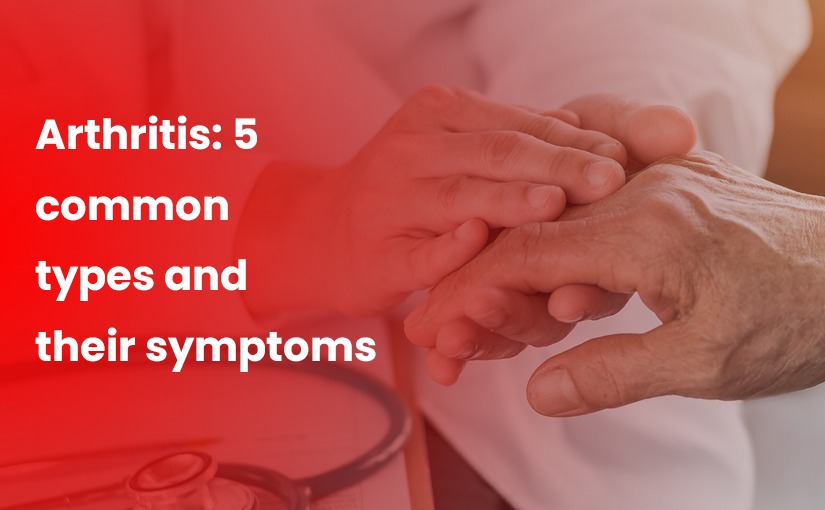Many people avoid going to the dentist for years due to fear, financial constraints, or the belief that their teeth are in good shape. Whatever the cause, going to the dentist twice a year will benefit both you and your smile.
If it\’s been a long time since you\’ve seen the dentist, this list of the \”Top 10 Reasons to See a Dentist\” may be just what you need to get you motivated to start caring for yourself better.
• The state of your teeth has a consequence on your entire health.
The quality of a person\’s teeth and their overall fitness are inextricably linked. The quality of your teeth and gums affects every activity in your body, including the circulatory, digestive, reproductive, and respiratory systems. Taking care of your dental health can prevent severe health problems.
• To Boost Your Confidence and Self-Esteem
Your grin is the most noticeable feature of your face and plays a significant role in initial impressions. According to a recent survey, 94 percent of those asked believe they are more likely to notice a person\’s grin when meeting them for the first time. A bright, beautiful, and healthy smile can boost your self-esteem significantly. Even minor changes can have a significant impact on how you appear and feel.
• Tooth Loss Prevention
The best and cheapest strategy to prevent tooth loss is to practice good brushing and flossing routines every day at home. The next stage is to get regular, high-quality dental care twice a year. The need for preventive dental care, such as professional cleanings, exams, and fluoride treatments, in preventing tooth loss is critical. Yearly visits can also help your dentist detect any potential dental problems early on, preventing more catastrophic harm.
• When Your Gums Begin to Bleed
It\’s a good idea to see your dentist if you find blood in the sink after brushing. Gum bleeding can be caused by brushing too hard on your teeth. Your gums, on the other hand, bleed more frequently when you have dental plaque buildup behind the gums. Plaque, if left untreated, can lead to tooth decay and gum disease. Gum disease, which can lead to tooth loss, can also be indicated by bleeding gums.
• Periodontal Disease Prevention
Periodontal disease is an infection of the gums and supporting tissues around your teeth. Gingivitis is a milder, more manageable form of periodontal disease that only affects the gums; nonetheless, it can progress to periodontitis, a more serious form of periodontal disease. Bleeding gums, chronic poor breath, red, swollen, or sensitive gums, and teeth that are separate or loose are all warning indicators. Keep in mind that there may be no symptoms at all, which is why it\’s critical to see your dentist on a frequent basis.
• You Haven\’t Visited a Dentist in a Long Time
Visiting the dentist twice a year is always a good idea, even if your teeth appear to be in good shape and you have outstanding dental hygiene. Even though everything appears to be in order on the surface, there may be underlying oral issues that only a dentist can detect. Regular checkups, examinations, and x-rays can help maintain your smile healthy and brilliant for the rest of your life.
• Maintaining a Bright grin
While brushing and flossing at home is an excellent approach to keep your teeth and gums healthy, going to the dentist on a regular basis can help you achieve an even healthier smile. The Plaque beneath your gum line and in hard-to-reach spots between your teeth that your toothbrush can\’t reach can be removed by your dentist. Dentists can also provide dental treatments that preserve plaque for a longer period of time.
• To Restore The Damage Caused By Years Of Use
Brushing and flossing your teeth properly is essential throughout your life. However, certain dental disorders, such as plaque build-up and gum disease, are more common in older persons. Furthermore, tooth decay and root decay, particularly if you have out-dated fillings, are common among older persons.
• You Have a Serious Case of Halitosis (Bad Breath).
Even while foul breath is unpleasant and common, it can occasionally be a sign of a more serious ailment. Food particles, dry mouth, and tobacco products can all contribute to bad breath. A liver or kidney problem, diabetes, chronic bronchitis, or sinusitis are all possibilities. If you have persistent foul breath, make an appointment with your dentist as soon as possible.
• Your teeth and your money will be saved if you practice preventive dentistry on a regular basis.
Dental problems are far easier to deal with early on before a small cavity that might have been treated for a few hundred dollars turns into a damaged tooth that requires an expensive root canal and crown.
CONCLUSION
Arrange a meeting with dentists of KALPIT HOSPITAL and give yourself a reason to smile.



